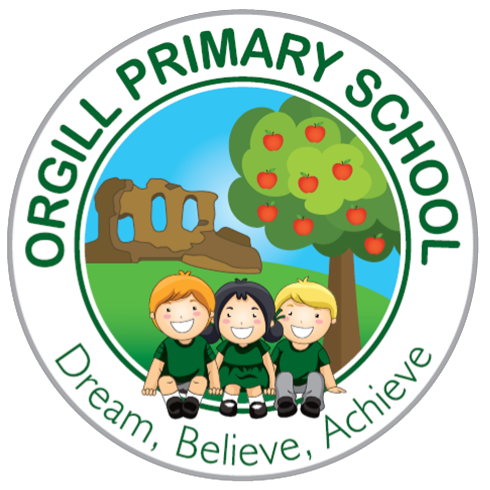Science
Through our teaching of Science, we strive to nurture young scientists who think critically, ask questions, and seek answers through exploration, investigation, and creativity.
Science teaching is delivered through CUSP Science, which pays close attention to guidance provided by the National Curriculum sequence and content. It is infused with evidence-led practice and enriched with retrieval studies to ensure long term retention of foundational knowledge. Through studying CUSP Science, our pupils become 'a little more expert' as they progress through the curriculum, accumulating, connecting and making sense of the rich substantive and disciplinary knowledge.
CUSP Science has taken the National Curriculum Primary Science headlines to define each area.
Biology
is the study of living things (organisms), their structure and environments.
In the Primary Curriculum it is the study of
- Animals, including humans
- Plants
- Living things and their habitats
- Evolution and inheritance
Physics
is the study of matter, forces and motion, sound, light and waves, electricity and magnetism and Earth in Space.
In the Primary Curriculum it is the study of
- Seasonal changes
- Light
- Forces and magnets
- Electricity
- Sound
- Forces
- Earth in Space
- Light
Chemistry
is the study of the composition, behaviour and properties of matter, and of the elements of the Earth and its atmosphere.
In the Primary Curriculum it is the study of
- Everyday materials
- Uses of everyday materials
- Rocks
- States of matter
- Properties and changes of materials
1. WHAT PUPILS WILL KNOW
Substantive knowledge - this is the subject knowledge and explicit vocabulary used to learn about the content. In CUSP Science, an extensive and connected knowledge base is constructed so that pupils can use these foundations and integrate it with what they already know. Misconceptions are challenged carefully and in the context of the substantive and disciplinary knowledge.
2. WHAT PUPILS WILL DO
Disciplinary knowledge – this is knowing how to collect, use, interpret, understand and evaluate the evidence from scientific processes. This is taught. It is not assumed that pupils will acquire these skills by luck or hope. Pupils construct understanding by applying substantive knowledge to questioning and planning, observing, performing a range of tests, accurately measuring, comparing through identifying and classifying, using observations and gathering data to help answer questions, explaining and reporting, predicting, concluding, improving, and seeking patterns. We call it ‘Working Scientifically.’
Scientific analysis is developed through IPROF criteria. We call it ‘Thinking Scientifically.’
- identifying and classifying
- pattern seeking
- research
- observing over time
- fair and comparative testing
3. Substantive concepts include concrete examples, such as ‘plant’ or more abstract ideas, such as ‘biodiversity’. Concepts are taught through explicit vocabulary instruction as well as through the direct content and context of the study.
Orgill also offers children the opportunity to extend their Science learning outside of the classroom. Teachers are aware of gaps in our children’s experiences and strive to fill these gaps by enriching the curriculum with unique opportunities for learning. We utilise our local area by taking children on walks to parks and visits to forests and the seaside where children have the opportunity to explore the plants and wildlife around them. The school welcomes specialist visitors that deliver workshops.
